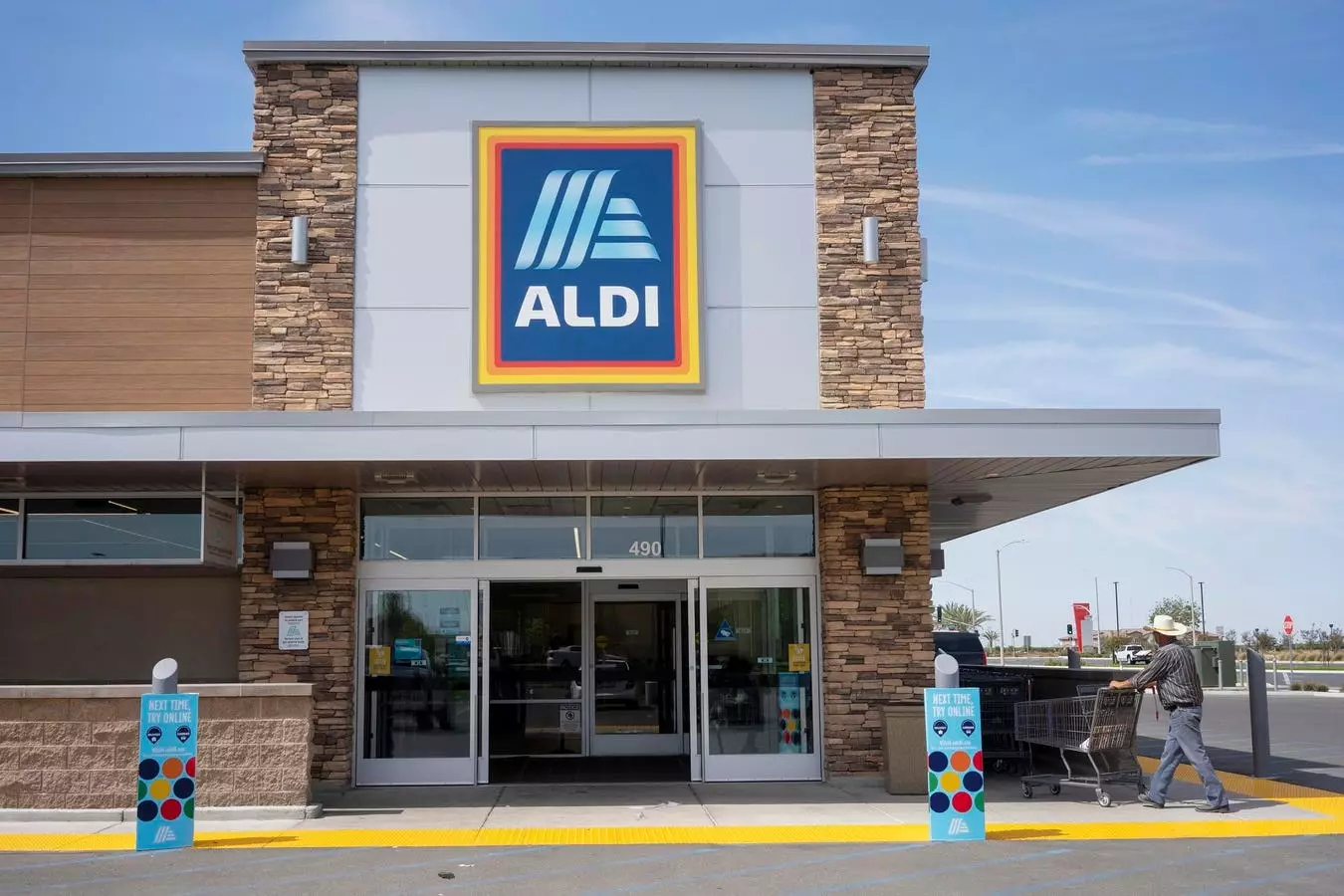In a world increasingly burdened by inflation and the rising cost of living, consumers find themselves on a relentless search for quality groceries at reasonable prices. This quest has? intensified as families strive to stretch their budgets without sacrificing the quality of their food. ALDI, a supermarket chain that has established a strong foothold globally, has stepped into this arena with its first-ever Price Leadership Report, shedding light on its competitive pricing strategy. According to a recent survey conducted by a third-party research firm, ALDI has demonstrated astounding price leadership, outperforming traditional retailers like Walmart, Kroger, and Amazon Fresh across five major U.S. metro regions.
The Price Leadership Report compiles data across five key cities: New York, Los Angeles, Chicago, Miami, and Houston. The analysis focused on a basket of 70 popular grocery items, revealing that shoppers in these areas can achieve significant savings by opting for ALDI over its competitors. For a typical family of four, the annual grocery spending averages about $10,610 when purchasing brand-name products from various established grocery outlets. In contrast, switching to ALDI’s private label products can reduce this expense down to approximately $6,759, offering a staggering 36 percent savings.
When comparing store brands across competitors, the savings margins are still impressive but slightly less pronounced, with consumers saving about 22 percent, or $1,869. This translates into a collective savings of approximately $8.3 billion for ALDI customers in 2023 alone. With these figures, ALDI has solidified its position as a leader in offering value in grocery shopping, a sentiment echoed in the words of Jason Hart, ALDI’s CEO, who describes the chain’s commitment to affordability and quality.
ALDI’s business model thrives on efficiency and simplicity. The supermarket’s distinctive layout minimizes extraneous displays and promotional clutter, creating a streamlined shopping experience that enhances customer satisfaction. ALDI stores prioritize speed and convenience, enabling shoppers to complete their grocery trips in just thirty minutes on average. According to ALDI shopper surveys, 77 percent reported that their shopping trips are both time-efficient and productive.
One of ALDI’s standout offerings is the quality of their store-brand products, which a recent study ranks as competitive with—or superior to—more expensive national brands. However, a surprising 76 percent of survey respondents expressed reservations regarding the equivalency of ALDI’s offerings versus leading brands. This presents a paradox: while consumers actively praise ALDI’s prices, there remains a segment that clings to brand loyalty, potentially missing out on considerable savings and quality.
ALDI’s commitment to fostering trust among its customer base is evident in their transparency about product sourcing and formulations. The company explicitly avoids certain additives and ingredients, such as synthetic colors and MSG, aligning with consumer preferences for clean and healthy eating.
One of the most fascinating aspects of ALDI’s expansion is its impact on the grocery market landscape—especially in new areas. The retailer’s entry often triggers a wave of competitive pricing among local grocery stores. Other supermarkets, aware of ALDI’s aggressive pricing strategy, find themselves compelled to lower their prices, creating a more favorable shopping environment for consumers. This behavior underscores ALDI’s powerful influence in the marketplace, highlighting the principle that a competitive environment inherently benefits shoppers.
As the company continues to grow—most recently through acquiring stores like Winn-Dixie—its influence likely will only expand. ALDI’s model, focused on high-quality, cost-effective groceries, is particularly appealing to growing demographics of value-conscious consumers seeking a balance between quality and affordability.
In a time when consumers are increasingly prioritizing transparency and sustainability, ALDI’s ethos resonates deeply. The company’s efforts toward environmental sustainability—such as sourcing responsibly produced goods and emphasizing organic items—align perfectly with contemporary consumer values. ALDI is not just a grocery store; it’s a symbol of what grocery shopping can become when grounded in unwavering principles of value and integrity.
Moving forward, ALDI’s approach suggests that simple, effective practices often yield significant returns in both customer loyalty and market influence. The grocery shopping landscape is evolving, and as drivers of change like ALDI lead the way, the future appears bright for consumers seeking to combine affordability with quality. ALDI’s sustained commitment to providing the best possible shopping experience hints at a promising trajectory for the supermarket industry—one where customer satisfaction and cost savings reign supreme.


Leave a Reply